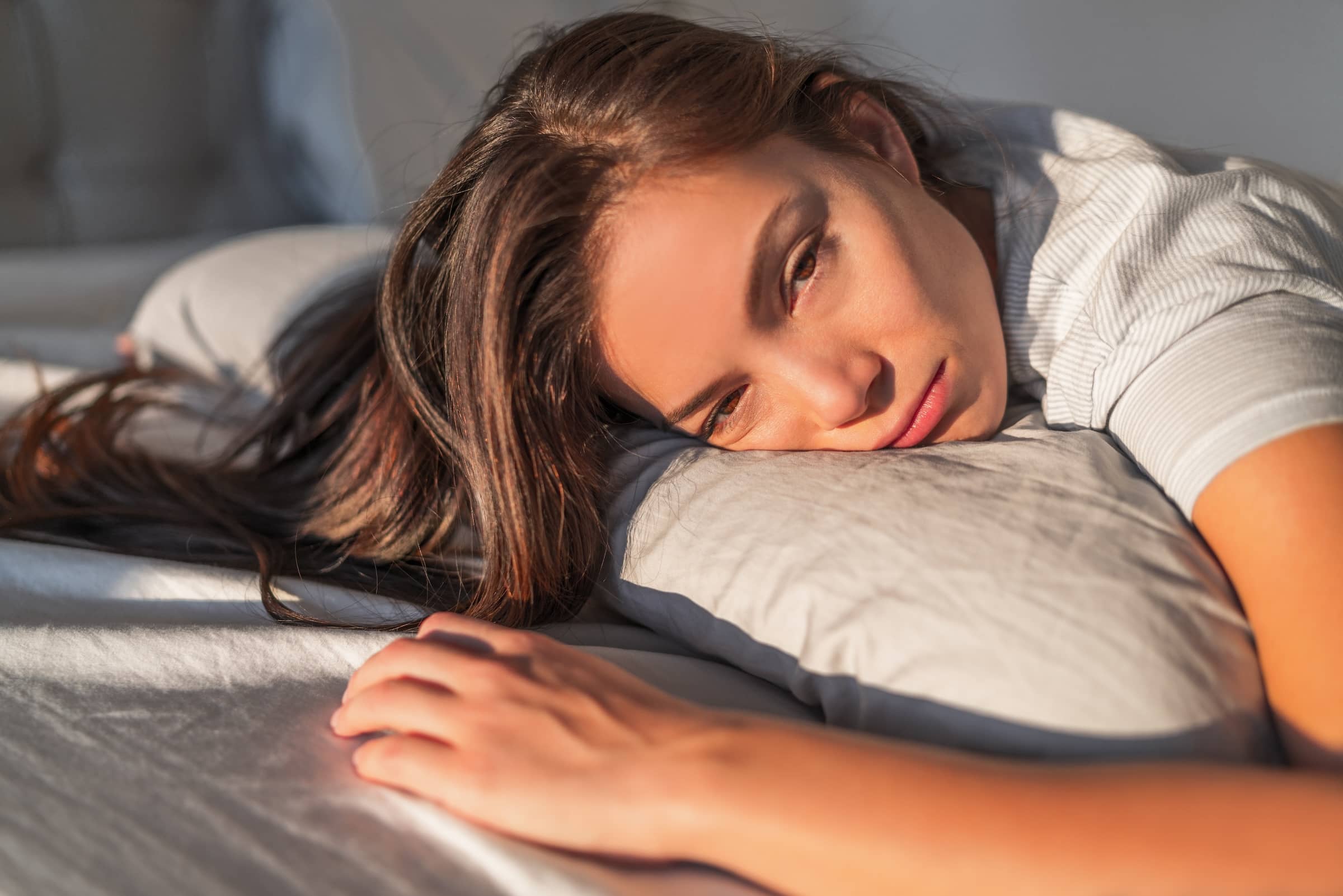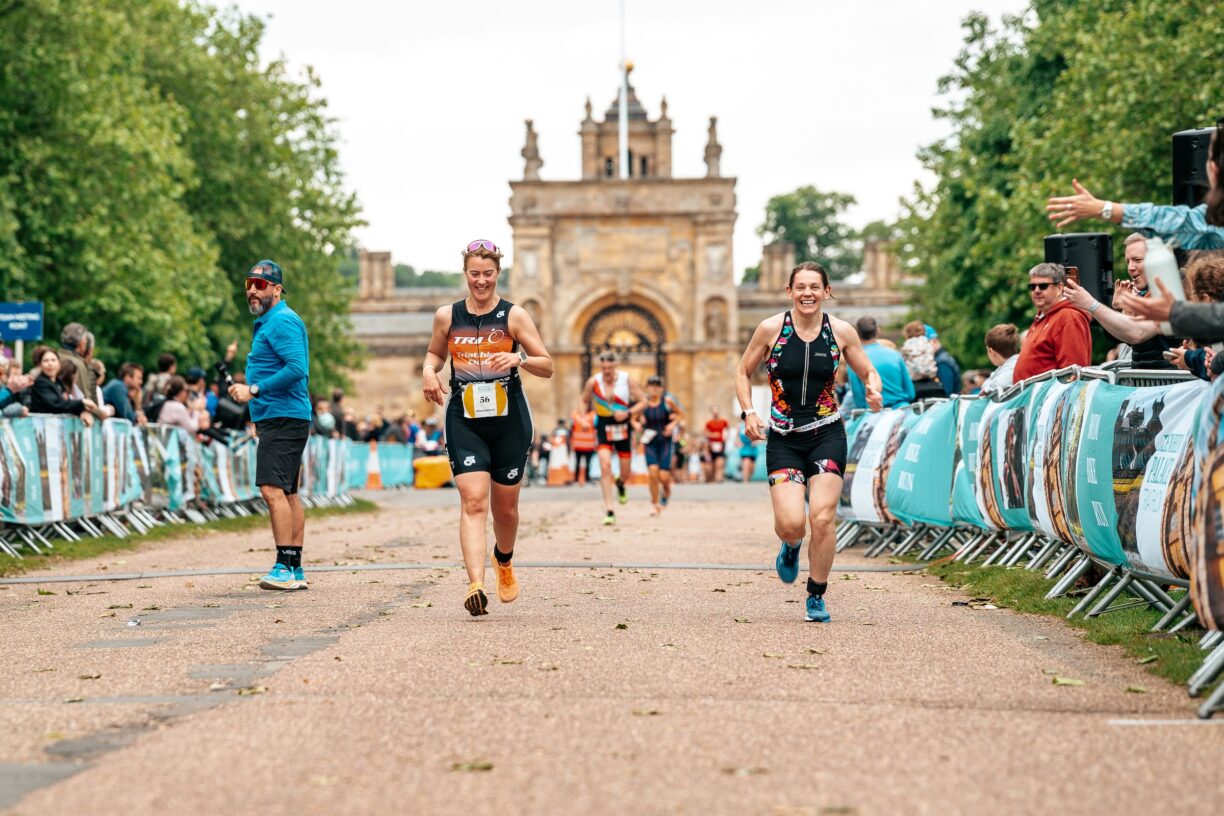When the clocks fall back on the 27th of October, the promise of a bonus hour of snooze time has many of us grinning.
But, watch out—despite the minor one-hour shift, some of us may find ourselves dragging through the week, feeling every bit like we’ve hopped a flight across multiple time zones.
This groggy feeling mimics jet lag because, in essence, our internal clocks get jumbled. A disturbed sleep pattern not only sours your mood but also poses broader health risks.
Rebecca Mayes from Harrison Spinks—a maestro in the mattress game—emphasises that tweaking your sleep routine slightly before D-day can save you from the post-time-change zombie walk, she tells us: “Establishing a good sleep routine by doing the same behaviours each night helps to train our brains that it’s time for sleep.
Whether this is exercising in the evening, having your dinner, taking a shower, or brushing your teeth, doing these things at the same time each day can help establish a good sleep routine.
“If you adjust this routine a few days before the clocks change, you can get ahead of the disruption and give your body a little more time to ease into this change. Pushing your meals, exercise routine and bedtime back just ten or 15 minutes each day will help with getting the extra hour you need asleep, ensuring your body clock doesn’t get you up for work too early on Monday morning.”
Rebecca shares her top tips for getting a full night’s sleep.
- Black out your room while you sleep
“Our bodies use environmental cues to inform our circadian rhythm, also known as our internal body clock, so having daylight come into your room an hour earlier than normal can put your sleeping pattern into disarray.
This can especially help if you live in a built-up or urban area, as streetlights beaming into your room can make it impossible to drift off.
A blackout blind or an eye mask can help to ensure your body doesn’t wake you up earlier than necessary.”
- Get out for a Sunday stroll
“Exercise can really help when it comes to going to bed on an evening, as it can affect the amount of deep sleep you get which is what helps us feel refreshed when we wake up.3
“A walk is the perfect activity for a Sunday, and you’ll be mixing exercise with all-important sunlight, which helps you produce the sleep hormone melatonin, and will work wonders for your sleep schedule.
“Sunlight informs our bodies to start our circadian rhythm, so if you can’t get out for a walk in the park, simply open your curtains or blinds in every room to let your home flood with light once you’re up and about.”
- Freshly make your bed and turn your mattress
“Flipping your mattress can give you a more comfortable night’s sleep as it helps evenly distribute the comfort fillings inside. We recommend you do this every three months, as it will not only ensure a cosy sleeping surface but is also extremely important to prolong the life of your mattress so you can avoid having to fork out for a new one sooner than you should. If you have a turn-free mattress you should rotate this every few months too, and the clocks changing is a great way to remember to do this.
“If you turn your mattress on Saturday, and make your bed with fresh sheets, it’ll help you sleep for the extra hour on Sunday morning. Your bed will always be more comfortable when it’s freshly cleaned.”
- Limit artificial light in the evening
“Artificial lighting can make us feel less tired and more alert, therefore it’s good to make sure your lighting is dimmed and yellow to encourage your body to produce melatonin which is the key hormone we need to sleep.
“This also applies to electronic devices, which can affect our sleep the most. It’s sometimes impractical for us to completely not use our phones or watch TV in the evening, but if you do, try turning these off at least an hour before bed or use the night light feature.”
- Take a short nap in the day
“If you end up waking up too early due to your natural body clock, you may feel extra tired throughout the day. This could lead to you falling asleep slightly too early, and your body continuing to fight the new time change.
“This can be combatted through a short nap in the day to help your body adjust. Make sure if you do take a nap to set an alarm and not exceed the optimum nap time of 20 minutes. Any longer you will start to feel sluggish and even more tiresome.”
By adjusting just a few knobs on your daily routines and environment, you can ensure that the clock change doesn’t steal your sleep or your spirit.
Remember, it’s about being proactive rather than reactive. So this October, let’s keep those post-time-change blues at bay and maybe even embrace the change like a smooth, well-oiled clockwork!
For more information on Harrison Spinks, please visit: https://www.harrisonspinks.co.uk/





